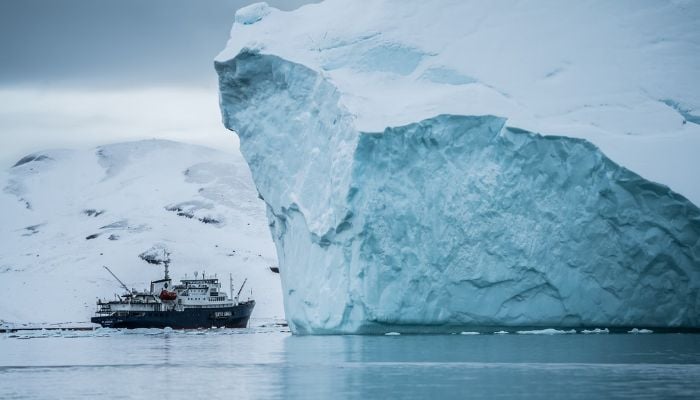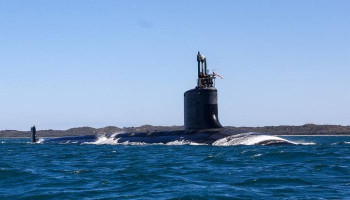
Pine Island Glacier in West Antarctica has taken a critical irreversible plunge, surmounting a tipping point within the last 80 years, claim researchers in a groundbreaking study, "Recent irreversible retreat phase of Pine Island Glacier," now featured in Nature Climate Change. This revelation emerges as global leaders convene at the COP28 conference in Dubai to address the profound impacts of climate change.
Unlike previous methodologies relying solely on numerical model simulations to assess glacier behaviour, a collaborative effort between Northumbria University and Bangor University fused these models with real-time satellite observations, aiming to pinpoint if a tipping point had been crossed in history.
The findings uncover a startling reality: Pine Island Glacier embarked on an abrupt, unstable retreat sometime between the 1940s and 1970s, building up to a lasting loss of ice over several decades.
Often dubbed the "underbelly" of the West Antarctic ice sheet, Pine Island Glacier, along with its neighbour Thwaites Glacier, has taken centre stage due to its accelerated contribution to global mean sea-level rise in recent times.
Once extending 40km beyond its current position, the glacier detached from a seabed ridge during the mid-20th century, spiralling into a swift retreat until temporarily stabilising on a shallow seabed area by the late 1980s.
The study underscores a period of warm ocean temperatures triggering the melting process beneath the glacier, prompting its retreat from its long-established ridge-based position.
Although the accelerated phase of mass loss may have stopped, the study reinforces that by the early 1970s, the glacier had retracted beyond recovery under colder conditions, signifying its irreversible passage past a tipping point.
Dr Brad Reed, a Research Fellow at Northumbria University, and lead researcher at Bangor University, warns of the implications for the future: "What occurred in the past could resurface."
Professor Mattias Green of Bangor University underscores the concerning interplay between warm ocean waters and glacial retreat, underscoring the study's relevance in predicting future responses to environmental changes.
Hilmar Gudmundsson, Professor of Glaciology at Northumbria University, emphasises the urgent need to comprehend and anticipate similar instances, indicating the possibility of accelerated ice loss if further tipping points are exceeded.
The study emphasises the necessity for immediate action to mitigate the cascading impacts of glacial retreat, reiterating the urgency of understanding Antarctica's evolving dynamics in a warming world.
















